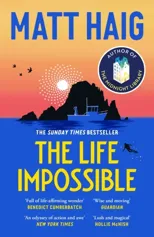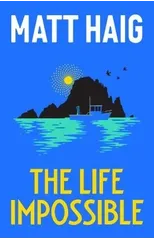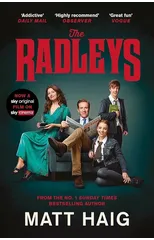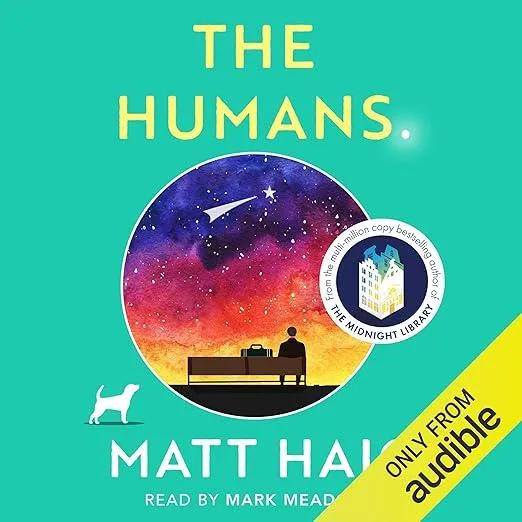A novel about love, loss and living in the moment, from the bestselling author of The Humans The first rule is that you don't fall in love. There are other rules too, but that is the main one. No falling in love. No staying in love. No daydreaming of love. Because otherwise, of course, you slowly lose your mind . . . Tom Hazard has a dangerous secret. He may look like an ordinary forty-one-year-old, but he was born in 1581. Owing to a rare condition, he's been alive for centuries. From Shakespeare's England to Jazz Age Paris to voyaging the Pacific alongside Captain Cook, Tom has seen a lot, and he now craves an ordinary life. Always changing his identity to stay alive, Tom now has the perfect cover--working as a history teacher at a London school. Here, he can teach the kids about wars and witch hunts as if he'd never witnessed them first-hand. He can try to tame the past that is quickly catching up with him. The only thing Tom can't do is fall in love. How to Stop Time is a wild, bittersweet, time-travelling story about losing and finding yourself, about the certainty of change, about the mistakes humans are doomed to repeat. And about the lifetimes it can take to learn how to live.
Matt Haig
Matt Haig is a British author known for his novels, non-fiction books, and children's literature. His works often explore themes of mental health, identity, and the human experience. Haig's most notable works include "The Humans," a humorous and heartfelt novel about an alien experiencing life on Earth, and "Reasons to Stay Alive," a memoir detailing his struggles with depression and anxiety. Haig's writing style is characterized by its honesty, empathy, and wit, making his works accessible and relatable to readers of all ages. He has made significant contributions to literature by shedding light on mental health issues and promoting conversations around mental well-being. Haig's impact on the literary genre can be seen through his ability to connect with readers on a personal level and offer insights into the complexities of the human mind. His most famous work, "The Midnight Library," has received critical acclaim and has been praised for its poignant exploration of regret, second chances, and the power of choice.





